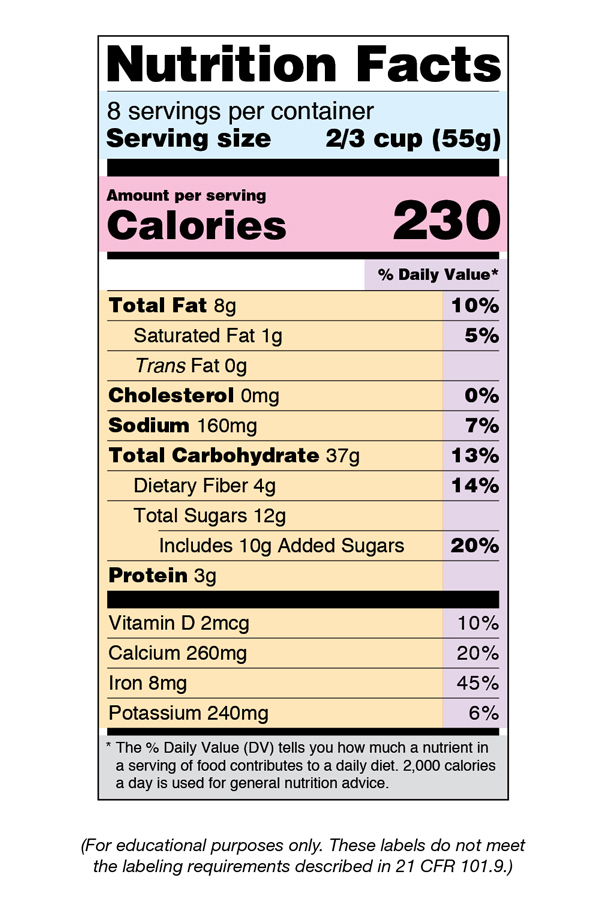Packaged junk food which is a major component of unhealthy diets is responsible for more deaths worldwide than any other risk factor

India is home to over 135 million who are obese and deaths due to non-communicable diseases (NCDs) is on the rise as Indians adopt unhealthy diets. Packaged junk food which is a major component of unhealthy diets is responsible for more deaths worldwide than any other risk factor and is a leading cause of obesity, type 2 diabetes, cardiovascular disease (CVD) and cancer. Citing an exponential rise in market availability of ultra-processed foods containing high levels of sugars, sodium and saturated fats as a key contributor to this obesity epidemic Eand upsurge in NCD prevalence, India’s top medical experts urged the adoption of effective Front-of-Pack food labels (FOPL).
While delivering the keynote address, at an event organised by AIIMS Rishikesh, Dr Ravi Kant, Director, said, “A strong and effective FOPL is a public health priority for India. The medical community of India stands in solidarity with this important policy measure that will protect thousands of lives.”
According to Dr. Suneela Garg, President, Indian Association of Preventive and Social Medicine (IAPSM), “All of these conditions such as diabetes, obesity, heart disease or cancers are closely linked to excessive intake of energy-dense and nutrient-poor foods and beverages. Having incomprehensible or misleading information about a food product puts them at a higher risk of making uninformed choices that lead to overweight, obesity and other diet-related conditions.”
FOPL warning labelling is a key component of a comprehensive strategy to promote healthier lives, as it enables consumers to identify in a quick, clear and effective way, products that are high in Nutrient of Concern associated with the NCD burden in India. As India observes the national nutrition month and leading up to the UN Food Summit, the spotlight is more than ever on excessive intake of these “nutrients of concern.” Even as countries were being ravaged by the Covid-19 pandemic, the food and beverage industry expanded its market of unhealthy, ultra-processed foods and sugary drinks.
According to Euromonitor estimates, in India, the sale of ultra-processed food has increased from 2 kg per capita in 2005 to 6kg in 2019 and is expected to grow to 8kg in 2024. Similarly, beverages have gone up from less than 2 L in 2005 to about 8 L in 2019 and are expected to grow to 10 L in 2024.
Dr Sanjay Rai, President, Indian Public Health Association (IPHA), emphasised that “While a FOPL is indeed one of the most effective approaches to positively impact public health, it is also important to choose the correct format. Evidence from across the world indicates a warning label system of FOPL – such as the “high in” warning symbols adopted in Chile. These interpretive and direct labels are most effective in supporting healthy food choices. They also are most likely to motivate product reformulation. Given the evidence, we should consider adopting these nutrient-based labels without further delay.”
All the experts present have agreed to send a set of recommendations to the Ministry of Health and hope to work with the government of India towards a healthier and accountable food system. They said it is encouraging to note that the FSSAI has revived FOPL related consultations. In 2018 the Food Safety Standards Authority India (FSSAI) published a draft regulation for FOPL which was subsequently withdrawn for further deliberation. In 2019 December, FSSAI delinked FOPL from general labelling regulations and is currently seeking inputs from consumer rights organizations, industry and nutrition experts for a viable model for India.
.

Subscribe To Our Newsletter & Stay Updated